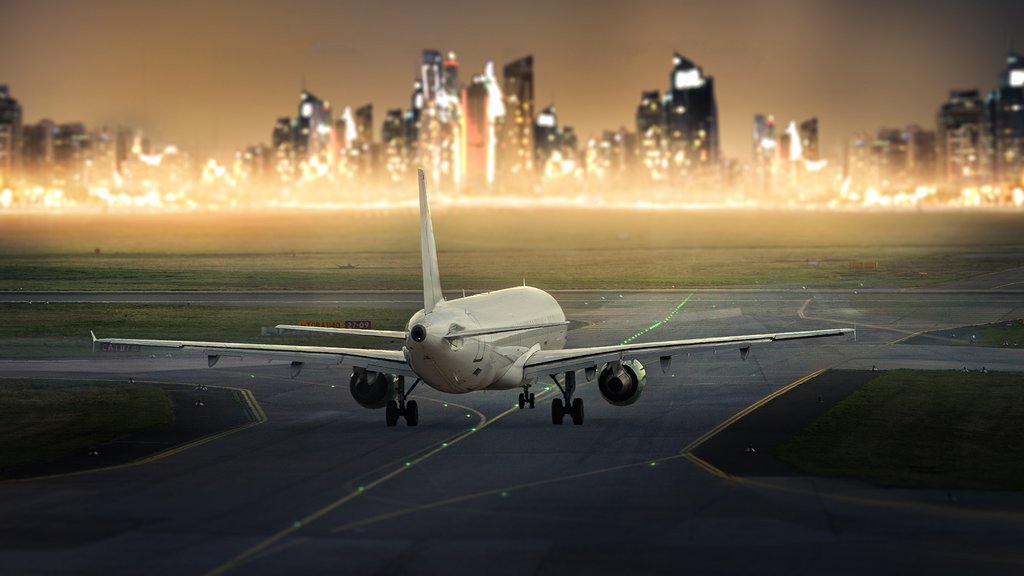Research - 06.10.2020 - 00:00
6 October 2020. What role will aviation play in the prosperity, affluence and happiness of Swiss society in 2040? What will air traffic scenarios look like in twenty years? What expectations do individuals and society as a whole have of civil aviation? These are some of the questions the CFAC-HSG asked 3,000 people aged between 16 and 69. The representative study was conducted as an online study using the Delphi method.
80 per cent of respondents expect more growth
According to authors Dr. Andreas Wittmer and Dr. René Puls (both CFAC-HSG), the interviewees’ answers threw up some unexpected statements and opinions. More than 80 per cent of them expect further growth of the air travel market, with a preference for direct long-haul flights. “Taking the long view, over the next 20 years, the current corona slump will only be temporary, with a short to medium term effect”, says Dr. Wittmer.
Although further growth in the air travel market is expected, surprisingly, the majority of respondents do not believe air connections play a significant role in the growth and prosperity of Switzerland. This dissonance has prompted a more detailed analysis of the answers.
The data analysis shows that the respondents regard aviation as part of overall mobility. They advocate expanding capacities and offers with a focus on direct intercontinental connections. It also became clear that the travel needs of the individual are currently already adequately covered, and that even in 2040, individual air traffic needs could be adequately covered by the existing infrastructure and destinations portfolio.
Flight bans deemed unacceptable
“Swiss society in 2019 does not believe in the necessity or success of autonomous air traffic solutions – but there is a certain confidence in the electrification of terrestrial vehicles, including autonomous cars”, the study also concluded.
Overall, those surveyed consider Switzerland as innovative and economically successful, with aviation not being seen as one of the main drivers of competitiveness. “This result is particularly interesting, since 65 per cent of Switzerland’s total manufacturing output is exported and 35 per cent of the export value is shipped as air freight. Presumably, the respondents have no knowledge of these facts”, emphasised Dr. Puls.
Possible flight bans and restricted mobility opportunities were considered as unlikely and unacceptable by the majority of survey respondents. Despite differences in opinion on air connections and civil aviation – which can vary greatly according to age, region, education or political convictions – most of those surveyed consider offsetting the carbon footprint of aviation to be feasible and sensible. “It is, however, interesting to note that additional travel costs are unlikely to influence respondents’ travel behaviour. This also means that market price elasticity, which aims to reduce air travel by increasing existing passenger charges or imposing new ones, is overrated by airlines and governments”, Dr. Wittmer concludes. This consumer and travel behaviour is also confirmed by passenger fees in Germany. These have been in force for several years and have had no real impact on the demand for air travel.
The entire study is available for download at the website of the CFAC-HSG.
Image: Adobe Stock / m.mphoto
More articles from the same category
Discover our special topics
